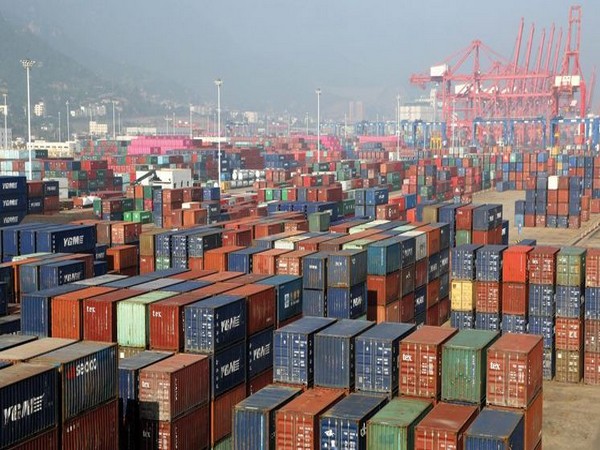
Beijing: China’s apparel and fashion sector has taken a hit thanks to the uncertainty and disruption caused by the US tariffs, leading to factory closures, job losses and a decline in exports. Apparel factories are sacking employees, shortening shifts, and preferring temporary staff to cope with financial challenges thrown by the tariffs.
“The whole industry is struggling, and now there is a high tariff on Chinese goods because of the trade war. Many foreign clients have decreased their orders from China,” said Qiu, a labourer from Guangzhou’s Panyu village.
In May 2025, the value of apparel imports from China to the US fell to the lowest in past 22 years as American retailers moved to Vietnam, Bangladesh, India, and other countries in the backdrop of high tariffs. "The sharp decline in US apparel imports from China in May 2025 was anything but natural," said Sheng Lu, professor of fashion and apparel studies at the University of Delaware.
Guangzhou is one of the vibrant global fast fashion industries, where millions of people work to produce cheap apparel. Ultra-fast fashion retailer Shein from Guangzhou lost over 50 percent of orders since talks of tariffs began. "The impact is quite obvious. Tariffs are not something that we can see an end to for the time being, and we don't know what will happen next,” he said. A cluster of villages in Guangzhou, which houses about 5,000 apparel workshops and factories, is called ‘Shein villages' as they are a key part of Shein’s supply chain.
Trumpian tariffs put an end to a tax exemption for international shipments valued under USD 800, leaving the Chinese textile manufacturers to become idle amid the American demand slump. Zhang, a yoga apparel exporter from Dongguan, said the tariffs have hit his business hard as the orders have been kept in limbo by his US clients. Soon after Trump announced his plans to impose heavy tariffs on Chinese goods, many American companies halted textile imports from China, said Ryan Zhao, director at Jiangsu Green Willow Textile.
“This year we are developing customers in Southeast Asia, Latin America, the Middle East and Europe in order to reduce our reliance on the U.S. market,” Zhao said. With less possibility of restoration of the earlier situation, several large Chinese textile companies mulled moving elsewhere. “If the U.S. tariffs are too high, we can’t do it, and I will definitely switch to other markets,” said a garment factory manager Yao.
From being the largest apparel supplier a few years ago, China has seen the lowest-ever exports—just 9.9 percent in May this year. Apparel firms have been steadily restructuring their sourcing for the US market, with mainland Chinese firms’ share of US imports of apparel falling to 21.0 percent in the past 12 months from 33.8 percent in 2017.
Alan Zhang, a rural migrant, would earn RMB 400 daily as he worked in one of the apparel factories in Guangzhou. However, now he is struggling to earn even half of what he used to get earlier. “If it's just a couple hundred yuan, I won't take it. I don't know what happened. Suddenly it got really hard to find anything. Prices dropped fast," Zhang said. Shein has been badly affected by the tariffs, and since it has no domestic customer base, its vendors too are impacted. “Orders from Shein have fallen this year, and our sales are down by a lot,” said a worker at one workshop.
China has a poor labour protection mechanism, which leads to the exploitation of small workers. They work without rest since they are paid for the amount of work they do, said Li Qiang, the founder of NGO China Labor Watch. “Generally, when we’re talking about the garment industry in China, workers don’t have rest days. They’re paid by piece rate. So they work as much as possible when the orders are still there,” said Mr Li, who is one of the vendors to Shein.
The textile manufacturing industry has ceased to be the engine of China’s economy, causing the Beijing government to ignore the sector even when it is struggling to survive in the trade war. Li Jun, who owns a denim clothing factory, said “The Chinese government no longer supports these kinds of light industries or small individual businesses. It’s really hard to keep things going”.